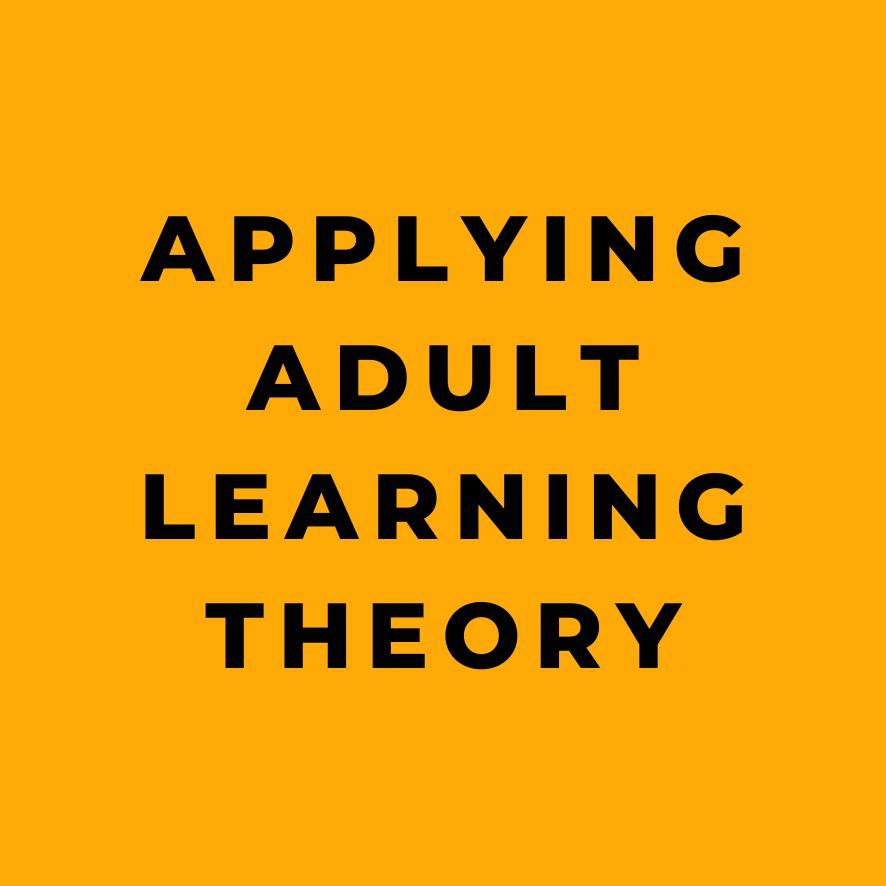Introduction
Adult Learning Theory, also known as andragogy, is a concept developed by Malcolm Knowles in 1968 that focuses on how adults learn and how it differs from the learning processes of children. Understanding this theory is crucial for anyone involved in designing and implementing training programs for adults, as it provides insights into the unique characteristics and needs of adult learners. In this comprehensive article, we will explore the key principles of Adult Learning Theory, its application in corporate training, and practical tips for incorporating this theory into training programs.
Understanding Adult Learning Theory
Adult Learning Theory is based on several core principles that differentiate the learning processes of adults from those of children. These principles provide a framework for understanding how adults learn best and how training programs can be tailored to meet their needs.
Self-Concept: As adults mature, they develop a stronger sense of self, which makes them more independent and self-directed learners compared to children. This means that adult learners prefer to have control over what, when, and how they learn.
Experience: Adults have a wealth of experiences to draw upon when learning new information. They can use their past experiences to add context and meaning to their learning, making it more relevant and applicable to their lives.
Readiness to Learn: Adult learners’ readiness to learn is often influenced by their social roles and responsibilities. As they mature, their motivation to engage in learning is tied to their roles as professionals, parents, or community members.
Learning Orientation: Adult learners are more focused on applying their learning immediately to solve real-world problems rather than mastering a subject for future use. They are interested in practical and applicable knowledge that can be implemented in their lives or workplaces.
Motivation: Adult learners are motivated by the relevance and applicability of the information they are learning. They want to know how they can use the knowledge immediately and the benefits it will bring to them personally or professionally.
Applying Adult Learning Theory in Corporate Training
To effectively apply Adult Learning Theory in corporate training programs, it is essential to consider the following principles and incorporate them into the design and delivery of the training:
1. Analyze Your Learning with the Theory in Mind: When designing training programs, it is important to analyze the learning needs of adult learners through the lens of Adult Learning Theory. This involves understanding their self-directed learning preferences, drawing on their experiences, and ensuring that the training content is immediately applicable to their roles and responsibilities.
2. Focus on Training Goals: Align the training goals with the principles of Adult Learning Theory. The training should be designed to help adult learners solve real-world problems and apply the knowledge gained in their professional lives.
3. Involve Teams in the Planning Process: Engage adult learners in the planning and development of training programs. This can be done through focus groups, surveys, or feedback sessions to ensure that the training content is relevant and meaningful to them.
4. Use Active Learning Methods: Employ active learning methods that allow adult learners to actively practice and apply what they are learning. This could include simulations, case studies, role-playing, and problem-solving activities that mirror real-world scenarios.
5. Relate to Real-World Examples: Adult learners are motivated by the relevance of the training content to their lives and work. Therefore, it is important to use real-world examples and case studies that resonate with their experiences and demonstrate the practical applications of the knowledge being imparted.
Practical Tips for Applying Adult Learning Theory
In addition to understanding the core principles of Adult Learning Theory, there are practical tips that training providers can implement to effectively apply this theory in their corporate learning programs:
1. Relate Training Content to Real-World Applications: Adult learners are motivated by the immediate benefits and applications of the knowledge they are acquiring. Therefore, it is important to relate the training content to real-world examples or situations that adult learners are already familiar with.
2. Utilize Active Practice: Implement active practice methods that allow adult learners to actively engage with the training content. This could include simulations, hands-on activities, and interactive exercises that encourage learners to apply what they have learned.
3. Encourage Self-Directed Learning: Provide opportunities for adult learners to take control of their learning process. This could involve self-paced learning modules, personalized learning paths, and access to resources that allow learners to explore topics of interest independently.
4. Offer Immediate Application: Design training programs that offer opportunities for adult learners to immediately apply the knowledge they have gained. This could involve incorporating on-the-job training, mentorship programs, or project-based learning initiatives.
5. Utilize Technology: Leverage learning technologies and platforms that cater to the preferences of adult learners. This could include mobile learning, microlearning modules, and interactive multimedia content that allows for self-directed and independent learning.
Conclusion
In conclusion, understanding and applying Adult Learning Theory is essential for designing effective corporate training programs that cater to the unique needs and preferences of adult learners. By aligning training goals with the principles of Adult Learning Theory, involving learners in the planning process, using active learning methods, and relating training content to real-world applications, training providers can create impactful learning experiences for adult learners. Ultimately, applying Adult Learning Theory enhances participation, engagement, and the overall effectiveness of corporate training programs.










